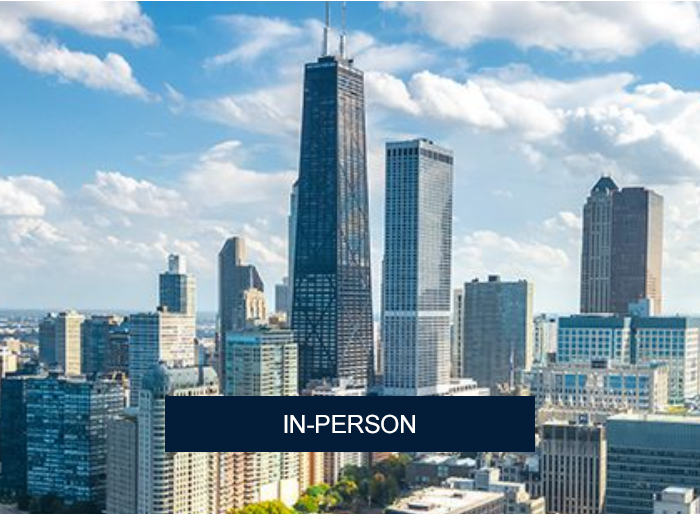Immediate patient feedback creates a foundation for personalized care
As providers work to personalize care for every patient, it is increasingly clear that even the smallest details can color the overall experience of a patient during a health care encounter.
“Food temperature was an item of concern stated by a patient,” said Missy Bartels, MSN, RN, CCRN, Director of Critical Care Services and Pastoral Care Services at Bryan Medical Center.
While food temperature may seem insignificant at first glance, she pointed out, for that specific patient during that specific visit, it mattered. And it is those details that make the difference between a personalized care event and a transactional care event.
“When the leader conducts the round, they will first ensure the patient’s meal was warmed and delivered promptly,” Bartels said. “Deliberately focusing on the temperature of their food for their next round will build trust and communication.”
She emphasized that the driving force at Bryan Health is ensuring personalized relationships are being built with every patient—so the temperature of the food matters just as much as any other patient concern.
Integrating NRC Health’s robust patient feedback data with software from Nobl, Bryan Health created a system to help predict whether a patient will have a positive or negative experience during a hospital stay. It has since become a critical tool for nurse and clinician rounding.
“The Nobl Rounding Platform displays NRC’s surveys at the top of your rounding,” Bartels said. “Your NRC items from the past scores would come at the top. They gave us a nine or 10 every time, or they gave us a two or three. We really need to have that sit-down conversation and say, ‘What are your care goals?’ ‘Where can we expand?’ ‘How can we do better?’ And just be transparent.”
Having a clear understanding of every patient’s experience and expectations has not only helped Bryan Health improve patient experience scores but has also given its nurses the ability to predict the quality of a patient’s experience, based on past and present interactions; opened the door for personal connections; and supported service-recovery efforts.
“You can never assume to understand the perception of the patient without asking the details,” Bartels said. “Truly, you have to sit-down and give time for a conversation, that one-on-one relationship-building, and really provide service recovery early and guide the patient experience to an excellent one every time. You need to have the core: what does this person value? What is their background? What are the things that truly matter the most to them – family, friends, communication etc.”
Bartels emphasized that it isn’t just the patients who benefit from personalized care. The health care professionals using these tools to connect better with their patients are having a more positive experience as well.
“I would say there’s definitely a greater connection, and a knowing and understanding of their [patients’] background,” she said. “It’s not just a survey that’s coming—it’s a person’s feedback that we’re getting.”
As Bryan Health continues to focus on rounding and incorporating the tools from NRC Health’s Human Understanding Program combined with Nobl’s predictive analytics, the hospital hopes to implement a patient experience heatmap to indicate which patients may need extra care or attention.
“For example, on the mapping tool within Nobl, a red would indicate that we have the ability to do service recovery,” Bartels explained. “We’d have the ability to raise that score from a five to a 10. Green would be, we’re hitting the mark already. We would have that visual and that ability to then do the measurement post of saying, ‘Okay, our rounding tools show all green.’ We should be seeing that score just climb up when we’re getting our survey results. That is how we would compare it in the hospital in real time—and then, post-hospital with the NRC score that we’d get.”
For Bryan Health, Human Understanding continues to be a driving force. Bartels said that it’s promoting an environment of open conversations fueled by empathy and compassion, and a foundation for looking to the future.
“You always have to be ready for change, because health care is always changing,” she said. “So we’re always ready for the next thing—what would give the patient the best experience possible.”


